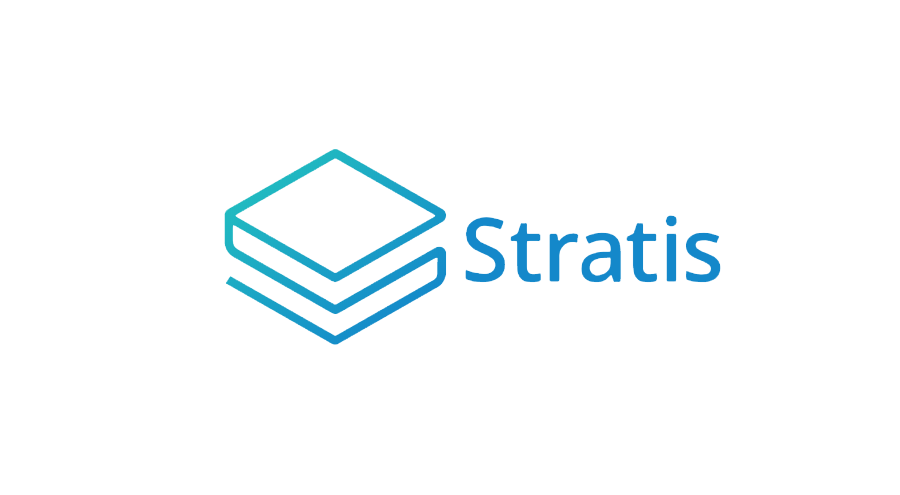Stratis, an enterprise-grade development platform offering end-to-end solutions for native C# and .NET blockchain applications, announced today their highly anticipated lower tier masternodes that will support the Cirrus sidechain. The Cirrus sidechain is the first sidechain pegged to the Stratis mainchain where smart contracts in C# will be deployed.
The latest addition to Stratis masternodes allows holders of the Stratis token (STRAT) to operate as two different types of nodes on the Cirrus sidechain. This, in turn, will result in operators obtaining fees for both transactions and smart contracts that execute on the chain.
Initially, there will be two tiers of Sidechain Masternodes that will maintain the Cirrus sidechain.
- Cirrus Chain Federated Masternode – A Cirrus Chain Federated Masternode can produce blocks on the Cirrus chain, earning transactional fees and GAS costs for smart contracts executed on the chain. There is a 10,000 STRAT collateral requirement in place to be eligible to become a Cirrus chain Federated member.
- Cirrus Chain Multi-Sig Masternode – Similar to a Cirrus Chain Federated Masternode, a Multi-Sig Masternode can also produce blocks on the Cirrus Chain. In addition, these Masternodes form the multi-signature address that secures the chain. There is a 50,000 STRAT collateral requirement in place to be eligible to become a Cirrus Chain Multi-Sig MasterNode.
The number of masternodes that can operate on the Cirrus sidechain is currently limited to 101 members to ensure a level of decentralization as multiple entities will be producing blocks on the chain. The Stratis team will soon release dynamic federation membership allowing nodes to join and/or leave the Federation, further increasing the decentralization of the Cirrus chain and allowing additional nodes.
The collateral amount for both masternodes will need to be held within a wallet on the sidechain to meet the collateral requirements.
Coming up on March 6th, Stratis will be revealing a submission page where the public can express their interest to become a Cirrus masternode and provide their Cirrus public key. A simple command line tool will be released prior to this submission page becoming available.
What is PoA?
Proof-of-Authority is a consensus algorithm that can be used instead of Proof-of-Work or Proof-of-Stake. It does not depend on nodes solving arbitrarily difficult mathematical problems, but instead uses a set of “Masternodes” – that are explicitly allowed to create new blocks and secure the blockchain. This makes it easier to maintain a private chain and keep the block issuers accountable. Also, PoA is more predictable since blocks are issued at steady time intervals.






















